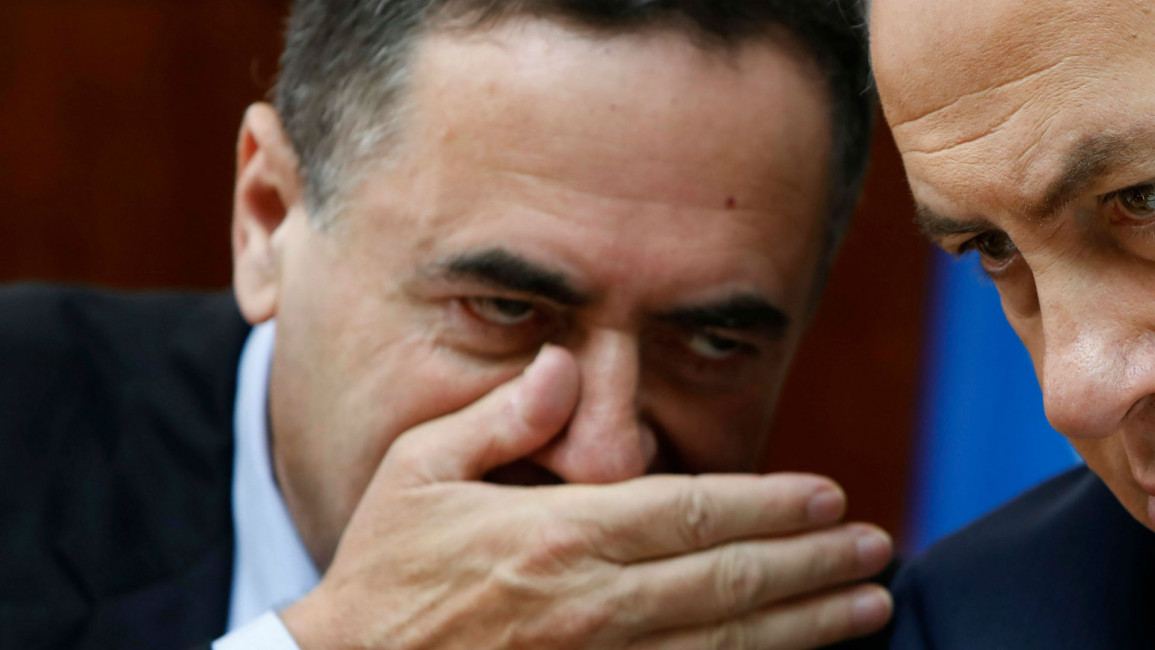Israel denies ceasefire with Hamas after overnight airstrikes
Israeli Intelligence Minister Yisrael Katz denied a ceasefire had been reached after the worst armed flare-up between his country and the besieged Gaza Strip since a 2014 war.
"Israel does not want the situation to deteriorate, but those who started the violence must stop it," he told Israeli public radio on Wednesday,
He denied ceasefire claims by Hamas and Islamic Jihad before threatening Gaza with more violence.
"Israel will make (Hamas) pay for all fire against Israel."
His comments follow claims by a senior member of Hamas, saying a ceasefire agreement had been reached with Israel.
Khalil al-Hayya, Hamas's deputy chief in Gaza, said in a statement that "a number of mediators intervened in the past hours and an agreement was reached to return to a ceasefire in Gaza".
He added that the group was committed to it as long as Israel was.
The Israeli military struck dozens of militant sites in Gaza overnight as rocket fire continued toward southern Israeli communities into early Wednesday morning, setting off air raid sirens in the area throughout the night.
The military said it hit drone storage facilities, military compounds, and rocket and munition workshops across the Gaza Strip. The overnight Hamas rocket fire reached the city of Netivot for the first time since the 2014 war. A home was struck, but no one was wounded.
The border area has been tense in recent weeks as Palestinians have held mass protests aimed at lifting an Israeli-Egyptian blockade imposed after Hamas seized power in 2007, which has left the enclave almost uninhabitable.
Israel has been condemned globally for its disproportionate use of force against the Palestinian protesters.
Mass protests erupted on 30 March - dubbed "the Great Return March" - which have centred on the right of Palestinian refugees to return to their homes, after they were expelled or left following the 1948 creation of Israel.
The protests along the Gaza border quickly turned deadly, with Israeli forces responding with live ammunition.
At least 1,600 protesters have been wounded by gunfire or needed treatment for tear gas inhalation in the weeks of protests.
The Israeli army has claimed that its forces only open fire in self-defence or to stop protesters attempting to breach the barrier separating the coastal enclave from Israel.
Only a few Israeli soldiers have suffered minor injuries.



